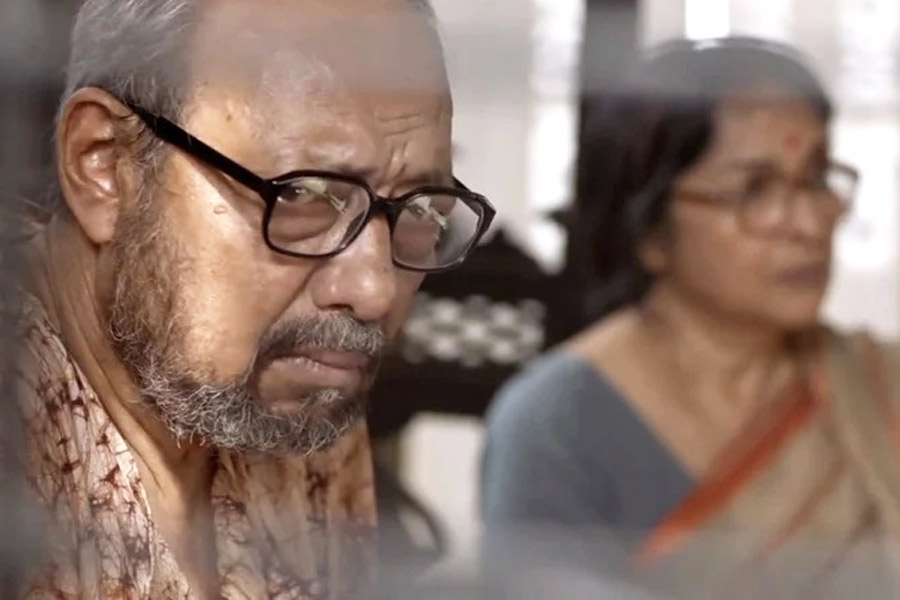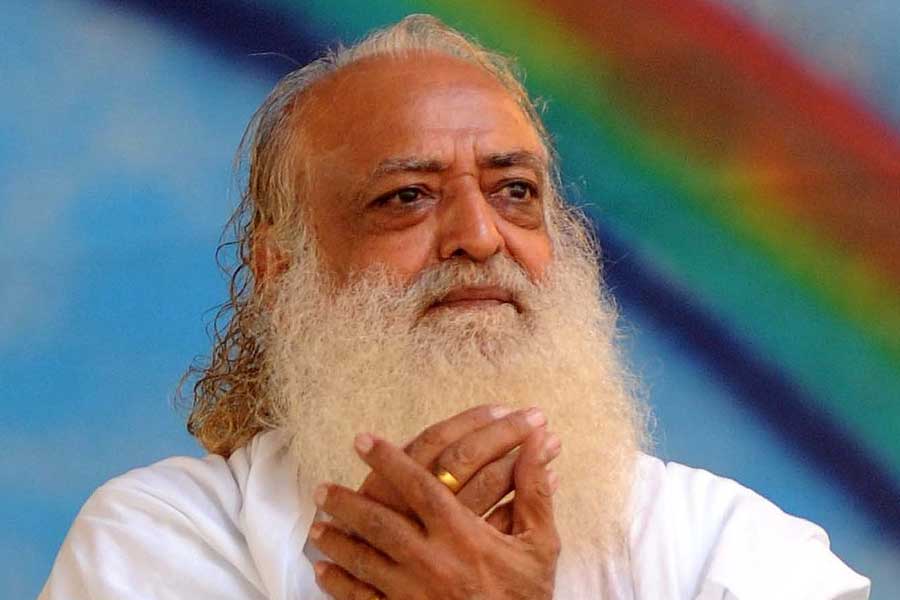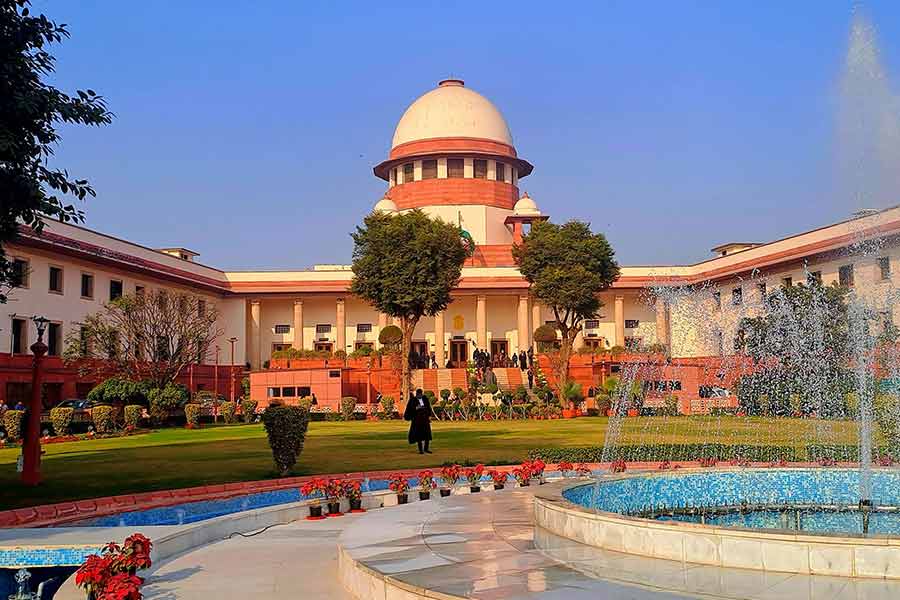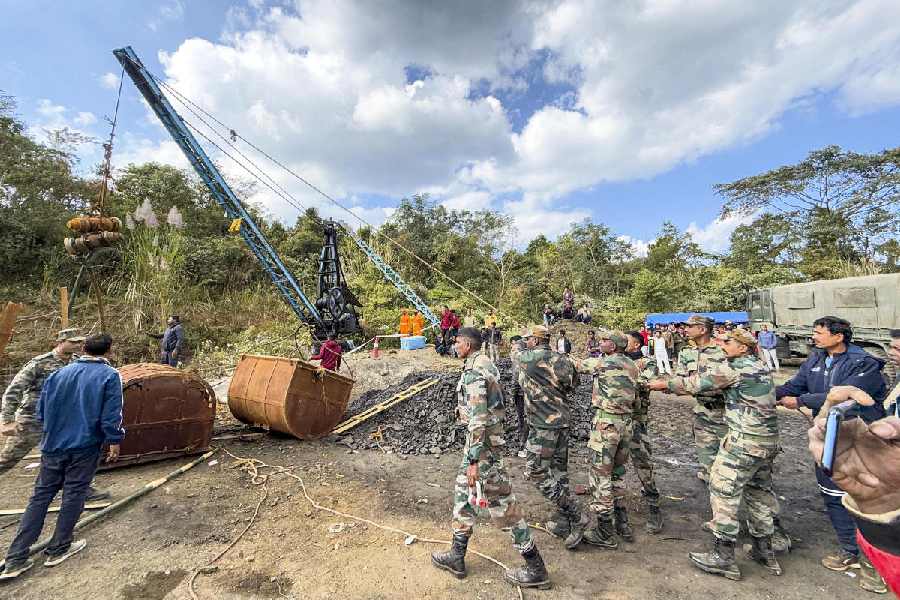Kaushik Ganguly’s Palan — for whom Mrinal Sen’s acclaimed 1982 film Kharij starring Anjan Dutt and Mamata Shankar serves as a takeoff point — is a poignant commentary on the fragility of life, the resilience of family bonds and the ever-shrinking spaces in a crowded city.
While Kharij delved into the turmoil that a family — comprising Anjan Sen, his wife Mamata and their son Pupai — faces with the sudden death of a young boy whom Pupai had befriended, Ganguly leaves out the story premise altogether and carries only the characters over to Palan.
Palan is set in a crumbling old building, which has been marked ‘unsafe’ by the civic authorities after an accidental death. Two residents of this building are Anjan and Mamata Sen from Kharij — played by Anjan Dutt and Mamata Shankar — who have aged and are bewildered at the prospect of being evicted from the house that has been their home for decades.
Their son Pupai (Jisshu Sengupta) and his wife Paoli (Paoli Dam), who live elsewhere, rush to their aid and find themselves entangled in a web of emotional upheaval and difficult choices.
The strength of Palan lies in Ganguly’s appreciation of this social reality and his deep engagement with the characters’ predicament, which helps the actors to bring great sensitivity to their performances.
There are some exceptional acts. Especially from Anjan Dutt, who strikes a fine balance between an ageing man’s irritability and empathy, helplessness and pride. In a moving sequence, Anjan Sen, who cannot walk without a walker, struggles to cover a short distance from his bed to the table to answer a phone call. Anjan Dutt plays it to perfection with a mix of angst and a sense of powerlessness.
Mamata Shankar is at ease as an ageing homemaker, overwhelmed by the enormity of the situation while taking care of her ailing husband. Together, Dutt and Shankar share a wonderful chemistry that is reminiscent of their roles in Kharij.
Jisshu beautifully captures Pupai’s growing frustration at not being able to find ready solutions, and Paoli commands attention from the start and maintains it through the film. Buddhadeb Bhattacharjee, who plays Samir, the promoter tasked with temporarily rehabilitating the tenants, has few dialogues and lets his eyes do the talking. He shines in the last scene where Samir is on the verge of an emotional meltdown under duress.
Ganguly has strewn Palan with some memorable moments, such as the heart-wrenching gaze shared between Anjan and Mamata during a scene involving a sketch. Or, the sequence where Pupai and Paoli’s intimacy is contrasted with Anjan’s feeble walk on a wobbly corridor. Or, the scene where Paoli and Mamata are at work in the kitchen and we see them through the two windows, the warmth of their bond very palpable.
The film’s background music, composed by Neel Dutt, blends with the visuals as Appu Prabhakar’s camera affectionately lingers on the dusty shelves and broken concrete. Ganguly pays a befitting tribute to Mrinal Sen on his birth centenary year.











